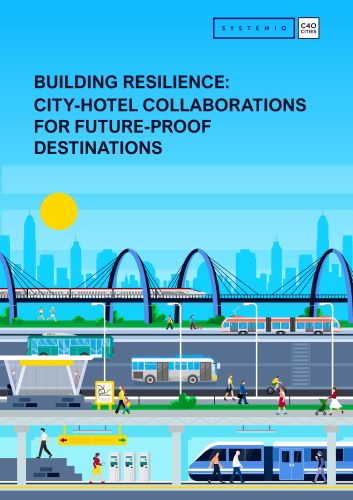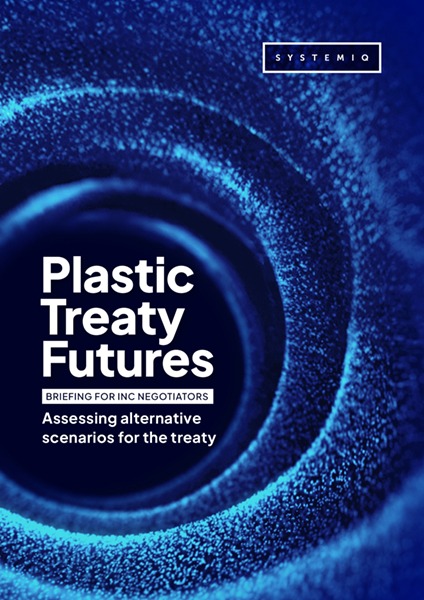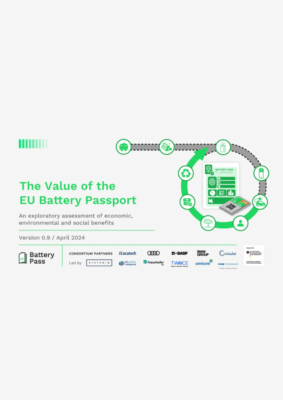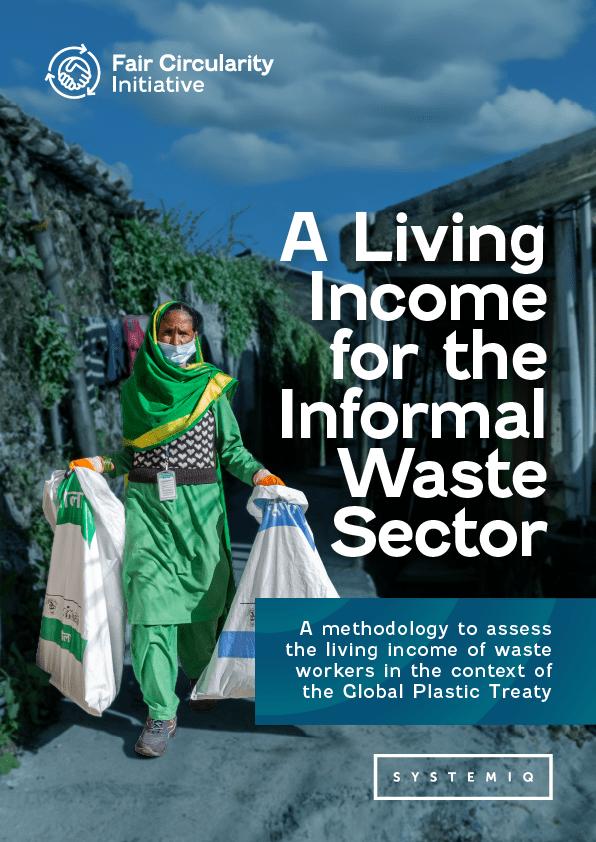Tourism is vital to cities.
But tomorrow’s urban tourism must be different from today’s.
One of the fastest-growing sectors in urban economies, tourism stimulates infrastructure development and economic growth, and is estimated to create 126 million net new jobs by 2032 globally. Both city governments and the tourism industry have largely focused on driving up visitor numbers and spending.
However, the resulting seasonal waves of urban tourists in several host cities now pose serious social and environmental concerns, which create more challenges for city mayors. The very success of today’s low-cost, high-volume tourism is not compatible with the necessary degree of mitigation and adaptation action required to achieve collective targets.
City mayors and tourist businesses, particularly hotels, could be allies in the fight against climate change.
Both urgently need to keep host cities attractive to residents and visitors while building their resilience to the effects of climate change. That gives both a common interest in crafting new, sustainable models of tourism that bolster resilience, making cities more attractive. Growing media attention on the environmental and climate downsides of today’s urban tourism adds pressure on both sides for action now. Collaboration between cities and hotels offers a route to the rapid, creative solutions that both need.
This paper shows why and how public-private collaborations between cities and hotels can be used to test and scale solutions to their intersecting challenges. Tourism cuts across many city systems, notably transport, accommodation, food and water. Working with their tourism industry partners, city leaders can shape a competitive landscape for urban tourism in which sustainable tourism becomes the new normal, with hotels leading to ambitious place-based climate action.




